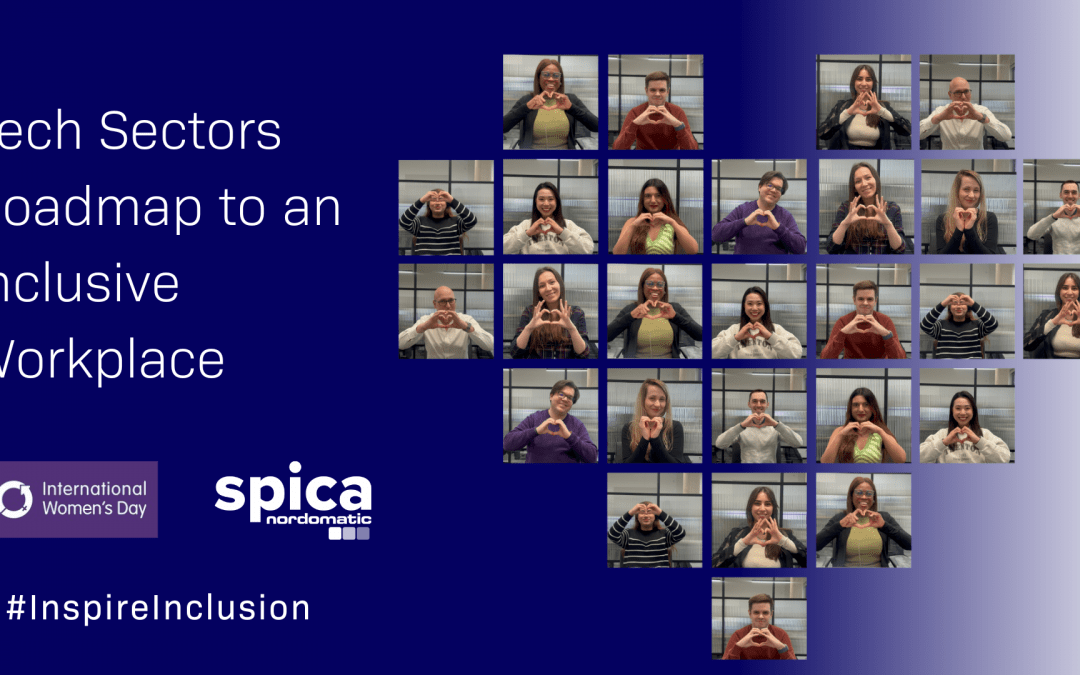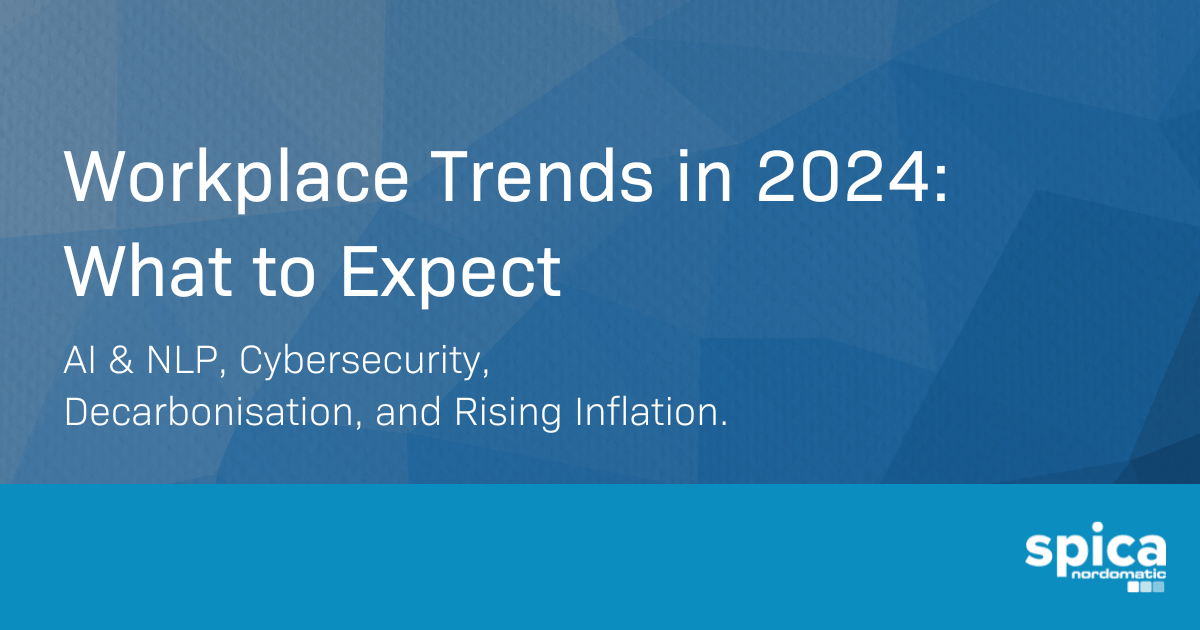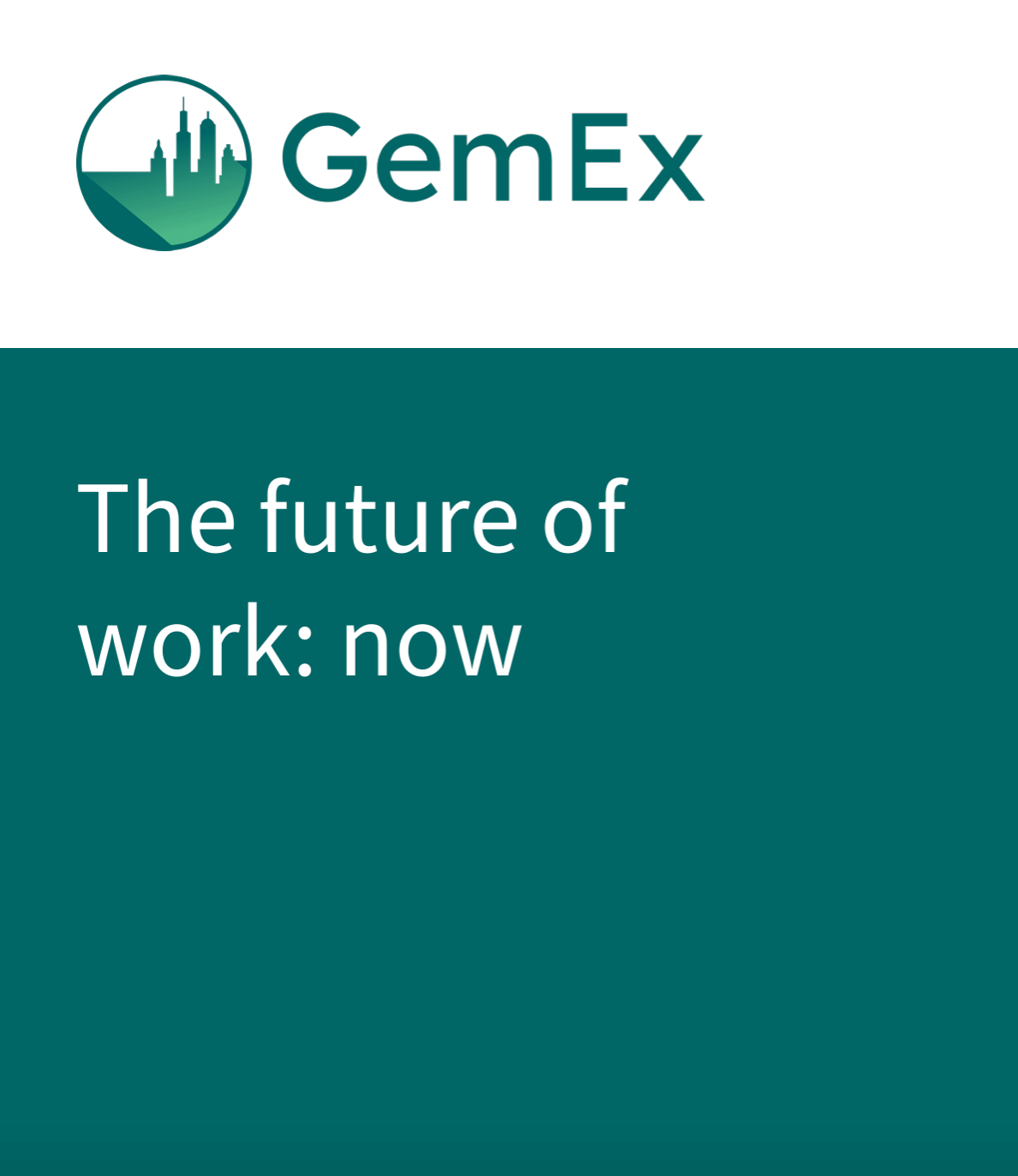I’ve learned a lot in my first few months at Spica but a real highlight has been getting to know, named, but certainly not shamed Spica ‘Grease Monkey’, Chief Technology Officer, Paul Collins. As part of a series of interviews with Spica employees he lets us in on how he climbed the ladder from employee to co-founder, his thoughts on finding work that you love vs work that you’re good at, plus top tips for aspiring graduates and entrepreneurs alike.
Starting out as a Computer Science Graduate
Can you give me the low down on what sort of student you were like at Uni Paul?
“I was lucky because I was forced to be diligent as I didn’t stay in halls of residence. So I didn’t get to spend that much time in the pub. I always knew that I wanted to study computing ever since I was about 12. That was what my dad did way back when. My first year at Uni was interesting because I still hadn’t figured out exactly what I wanted to do as Computer Science was such a broad field. Then I got into ‘Object Oriented Programming’ and I found it very natural. It just seemed to fit with the way that my brain worked. That was the thing for me that made university really enjoyable.”
You’re lucky that you found something that you loved and that you’re naturally good at, whilst becoming a part of such a progressive industry.
“It was great. It was very new, there weren’t that many people doing it. I was lucky because not long after I graduated, I ended up being headhunted to work for IBM. They were just setting up a new division, and there just weren’t very many people around programming in object-oriented languages.”
Right, and during those years you were working on Smalltalk?
“Yes, so Java wasn’t really around when I was at University. It was probably just about starting to be talked about. The big language at the time was Smalltalk. I got a job working for a consulting company up in Manchester doing Smalltalk projects and then got headhunted.”
Back then, when you were starting out, did you envisage that you would become the CTO of your own tech company?
Paul laughs nervously “No, not straightaway… But very quickly, yes. When I started out at Space, I was working in research and development (R&D) team with a guy called Craig Smith. He graduated a year earlier than I did and we were effectively doing all of Space’s R&D. When I got headhunted by IBM, Craig also got headhunted by a US company called Unity Software Systems, and then he asked me to go and work for them. Very quickly, we decided that we liked working together and we thought we were quite good at it.”
A Product Focused Business Vs Consulting
You said in a previous interview that you have “always wanted to have a go at building a product-focused business”. Now that you’ve gone and done it, is running a product-focused company everything that you expected?
“It’s very different! I thought it was going to be a lot easier. The business that Craig and I ran for a long time was an out-and-out consulting business, which had its own challenges. I thought a product company would be really cool and way easier. I don’t think it is any easier. In fact, in many of respects, it’s a lot harder.
There’s a lot more satisfaction in seeing the long-term fruits of your labour in comparison to when you’re in the consulting world, which is short, sharp, and you’re only as good as your last project. Being a Software Engineer in a product company means you’re able to develop a long-term affinity with the thing that you’re creating. It’s nice to know that we’ve got a team that is building something that’s really meaningful.”
I guess when you have your own product, it becomes your baby and you can watch it grow and progress over time. That must be really satisfying.
“Yeah, it definitely is. A lot of the things that Ben and I discussed when we started Spica in terms of software principles or software architectures have stood the test of time. It’s been nice to be involved and to make such a fundamental difference to the way that the product has been designed.”
I’ve heard Ben has a few interesting names for you Paul. Would you care to divulge?
Paul laughs and pauses “Ben often calls me an ‘Astronaut Architect’, which basically means I think in really high-level pictures – boxes and lines showing how everything fits together. Ben once described me as the best ‘vaguely technical person’ that he knew… which I have always taken to be a compliment.”
It’s awesome you and the team have such a great sense of humour! It certainly makes working at Spica fun.
Effects of COVID on Spica, it’s Employees & Customers
How has COVID effected Spica and how do you prepare for such massive changes in the industry?
“In terms of how it’s affected Spica as a business, on one hand, it actually hasn’t really got in our way very much. This is the important difference between being a product company vs a software consulting company where a lot of your projects are done on site with the client team. In the product-world, you have much more flexibility on how and where you can work. We were always geared up for remote working, having people who were working partly at home and partly in the office. We’ve always had an ethos in the business where, from a business continuity perspective, people could work from anywhere in the world. We’re not reliant on anything that’s in our physical office. So from that point of view, it didn’t really impact the business very much.
It did impact the business in terms of sales though. Initially, we thought the impact was going to be bad and there was a slight downturn. But then over the course of the pandemic, the products that we had been working on for the past five or six years started to become even more relevant in the industry. In a way, it’s been a bit of a catalyst for accelerating things that were probably going to happen anyway. But the pandemic has just forced change to happen at a faster pace, which has resulted in more opportunities for us.”
Would you agree that alongside COVID, there have been new and unexpected technological opportunities?
“Yes, definitely. We’ve been putting sensors under desks for years primarily to understand how buildings were used. To take that same idea and use it to help people deal with things like safety restrictions, social distancing, and desk booking, is really valuable. We were knocking on the door of that space anyway, but the pandemic forced us to develop those ideas earlier on.
Importantly, we don’t want to be seen as capitalising on something that is so negative, which is a difficult situation to deal with when you’re running a business. We’ve always been wary about social media and marketing campaigns off the back of fear, uncertainty, and doubt. As soon as we started being approached by current customers asking us for help … that was the turning point for us.”
Exciting New Tech Opportunities
I know that you are always on the lookout for new technological opportunities. Have you got your eye on anything new at the moment for Spica to use?
“We’re looking at a whole range of new technology as part of the Innovate UK project, both on the software and hardware side. For example, we’re researching how to tap into existing infrastructure like building management systems and smart lighting. Not only is this exciting for our customers, but it’s beneficial for the business as it reduces the upfront hardware costs and maximises the investment that our clients have already made in their infrastructure.
On the indoor positioning way-finding side of things, we’re looking at different technologies that give us indoor location information. For example, if people have already invested in Beacon infrastructure, can we tap into that.
Another interesting piece of new technology which we will start looking at towards the end of the year involves occupancy sensing through radar. This new hardware means we can get away from putting sensors under the desks to having one device in the office that will tell us how many people are there and their whereabouts.”
Do you see any opportunities in wearable tech?
“Yes, for sure. We’re not that far away from being able to take some of the elements that are in the Luna app and making those work on a smartwatch. We’ve also talked about wayfinding technology, not just for office employees and office users, but for Facility Managers or operatives working inside the building. We could integrate wearable tech, like smart watches for example, which could sense the user’s location and direct them to issues flagged around the building. Whether we would ever start collecting user’s biometric information… that feels a bit intrusive to me.”
Maximising Security & the Supply Chain
I know that you’re really big on security, and rightly so. In your opinion, what are the most common security issues companies like SPICA face? How do you prevent them?
“The biggest issue that a lot of companies face these days is that it’s impossible to do everything yourself. You’re always reliant on other companies in your supply chain. For example, we host on Amazon and we use a lot of Amazon infrastructure to support what we do. Amazon is a great big company, but just because they’re a big doesn’t mean that we shouldn’t do our security due diligence on them. Our responsibility to our customers is to make sure that we’re factoring in security considerations, not just within our business, but the security of all those other components that are in the supply chain.
We spend a lot of time looking at the security of our software products and our people. When we hire software engineers, we think about how to screen them, provide them with good training in the software development process, how to make sure that the development team is taking security into consideration when they’re writing code. From a design point of view, how can we build security into the product in a way which is non-intrusive to our clients and doesn’t get in the way of a great user experience.
We made the decision to invest in ISO 27001 [a framework of policies and procedures that includes all legal, physical and technical controls involved in an organisation’s information risk management process]. It’s been invaluable to effectively score and measure ourselves against what we’re doing, what hasn’t worked, and where we could be better. I think without a framework like that, it could become very overwhelming.”
Advice for Graduates & Entrepreneurs
What advice would you give to today’s graduates who are leaving university and starting their first career in the tech industry?
“The first thing would be to keep your options open. Don’t be too prescriptive in thinking about the kind of company that you want to work for. I’ve had the opportunity to work for big and small companies, and they’re all very different but nice in their own way.
The other thing is, hone in on the thing that you find really interesting. Try and figure out what that is early on. I was lucky because I knew that I wanted to do software engineering once I graduated, but at the time I had to go through interviews with around 20 companies to find the one that was a good fit.
Persevere and be open minded. Try to develop an understanding about what you’re going to really enjoy. People often say that your work should be something you’re passionate about. I think that’s total rubbish. From a work point of view, people get passionate from discovering what they’re good at. I’m passionate about growing plants in my garden, but I’m never going to be a gardener, right? So work out what you’re good at and if you become established or renowned for being good at it, that’s what makes you passionate about your job.”
It’s refreshing to hear advice that goes against the status quo. So, what would you say to the young entrepreneurs out there who are about start their own tech company?
“I would say, when you first start that journey, it’s very important to keep everything in context. It’s easy to get overwhelmed and for it to become all-consuming. It’s inevitable that you’re going to work really hard. We still talk about this as leaders in our business and to people in the team… it is still only work. It’s not real life, it’s not family, it’s not friends. You’ve got to try and establish some kind of context, some way of keeping work in its own little box.
And then find money fast. Having a bit of cash somehow in the business to start off with is extremely helpful.”
Work Life Balance
It’s important to get that work life balance. Okay, so run me through a day in your life when you’re at work?
“It totally depends as no days are the same. I spend at least 30% of my time just talking to people in the business when they’re stuck or are looking for some guidance. My ‘unofficial’ title in the business is ‘Grease Monkey’ as essentially my job is to keep the wheels turning where I can. I spend a lot of time thinking about information security governance, what we’re doing around privacy, quality, and business continuity. Quite high-level stuff. I also spend as much time as I can with Tim (CEO) talking through what the business looks like from a financial and strategic point of view.
We’ve always had a bit of a mantra, which is “the job of a leader in any business is to serve the people inside the business. We will be successful when everybody else in the business is successful.”It’s our job to help you guys in the business do what you need to do. So in that respect, we’re all grease monkeys really.”
I love that phrase Paul and I hope that one day, I’ll be a grease monkey too. How about the weekends, what do you do in your spare time?
“All sorts. I help run a scout group, that takes a lot of organising. I’m getting out walking the dog, I play the piano and the guitar when I can, watch telly, play computer games, I cook (generally on Sundays), and we try to grow as many vegetables in our garden as we can.
Spica’s Future
You sound busy Paul! To end on a high, what things has Spica and its customers got to look forward to in the future?
“This is going to sound really odd, but one of the things that started happening towards the back end of last year is that we’re only just starting to understand what the business is all about. When you start a business, you often feel uncertainty as to what you’re going to build. It’s only been in the last 18 months that we’ve started to see which ideas have stuck.
As a business going forward, there’s going to be laser focus on the workplace experience and what that means. More research and design in that space, engaging as much as we can with our customers and understanding how we can use integrated technologies already in place.
There’s also big focus on deploying the tools and solutions that we’ve built. Not just in the UK and Europe, but into some of our global customers. We want to be able to support them wherever they are in the world. But again, we can only do that by being as focused as we can be on what we’re good at.”
Exciting things to come for Spica and our customers worldwide. Thank you so much for answering all of my questions Paul! Keep an eye out for our next blog as part of the Spica employee interview series.















